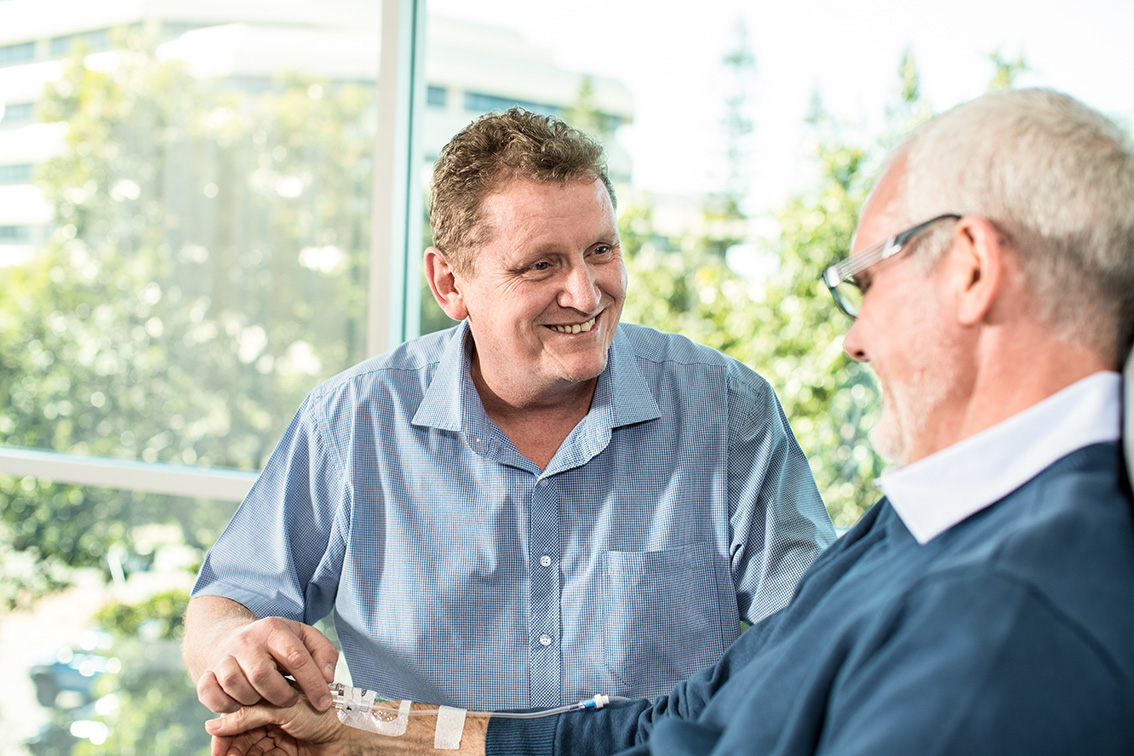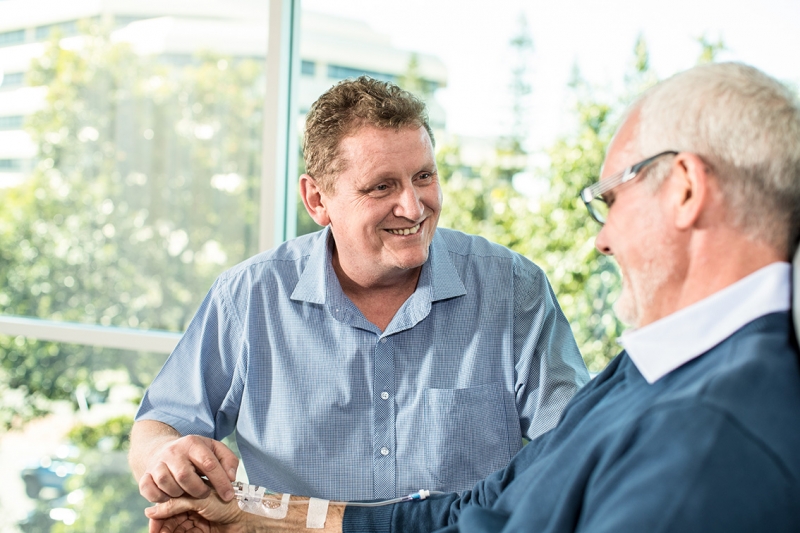The human body is made up of billions of cells, which in a healthy body are usually turning over slowly, in an organised way.


What is cancer & oncology?
Cancer is a disease that occurs when cells in the body grow in an abnormal, uncontrolled way. There are over 100 different types of cancer.
Types of tumours
Benign tumours
These tumours usually grow slowly and do not spread to other parts of the body. Benign tumours only become a problem if they grow very large, taking up space and affecting the way the body works.
Malignant tumours
These tumours are made up of cancer cells. They are usually faster growing, can destroy tissue and have the ability to spread to other parts of the body.
Cancer may also affect blood cells, causing blood cancers such as leukaemia, lymphoma or myeloma. These blood cancers also cause normal blood cell production to be reduced due to the uncontrolled growth of the abnormal (malignant) cells in the bone marrow.
Over time, the uncontrolled growth of cancer cells usually becomes too much for the body to cope with, or will spread to a part of the body that is essential for life.
Understanding the different types of cancer
Cancer can form in many different areas of the body. It can also spread from this area to a different part of the body, which is called metastatic cancer.
Oncology is the branch of medicine that focuses on the diagnosis, treatment and research of cancer.
This includes medical oncology, radiation oncology, haematology and surgical oncology.
An oncologist is a doctor that specialises in treating cancer. Oncologists support patients from diagnosis, through treatment and into survivorship as part of a multidisciplinary team. While some oncologists specialise in certain types of cancer (e.g. breast cancer), others treat a wide range of different cancer types. Oncologists also conduct research into cancer to improve our understanding of the disease and its treatment.
There are four main types of oncologists:
-
Haematologists
Doctors who specialise in treating cancers affecting the blood/bone marrow (e.g. leukaemia) and lymphatic system (i.e. lymphoma), and often perform bone marrow transplants
-
Medical oncologists
Doctors who specialise in diagnosing and treating solid tumours (e.g. cancerous tumours in the lung, breast or bowel) with the use of chemotherapy drugs, immunotherapy and hormone therapies
-
Radiation oncologists
Doctors who specialise in treating cancer using radiation therapy
-
Surgical oncologists
Doctors who specialise in removing cancerous tissue through surgery
Types of cancer treatmentsCancer treatments
Oncology at Icon Cancer Centre
If you or a loved one has been diagnosed with cancer, it is normal to feel overwhelmed. Sometimes it can be difficult to remember all the details, or time consuming and stressful to find the additional information you’re looking for.
Our website hosts a selection of resources to help you take the next step and navigate this difficult time. We hope you find these resources helpful in gaining a better understanding of a cancer diagnosis.
Become a patient
Find out how to become a patient at Icon Cancer Centre, or request more information from your nearest centre.
Support services
A list of credible support agencies to help you through all stages of your cancer journey.
Families and carers
Helpful information on finding the right support when caring for a loved one with cancer.
Iconic Community
Our patients share their perspective and advice on receiving and coping with a cancer diagnosis.